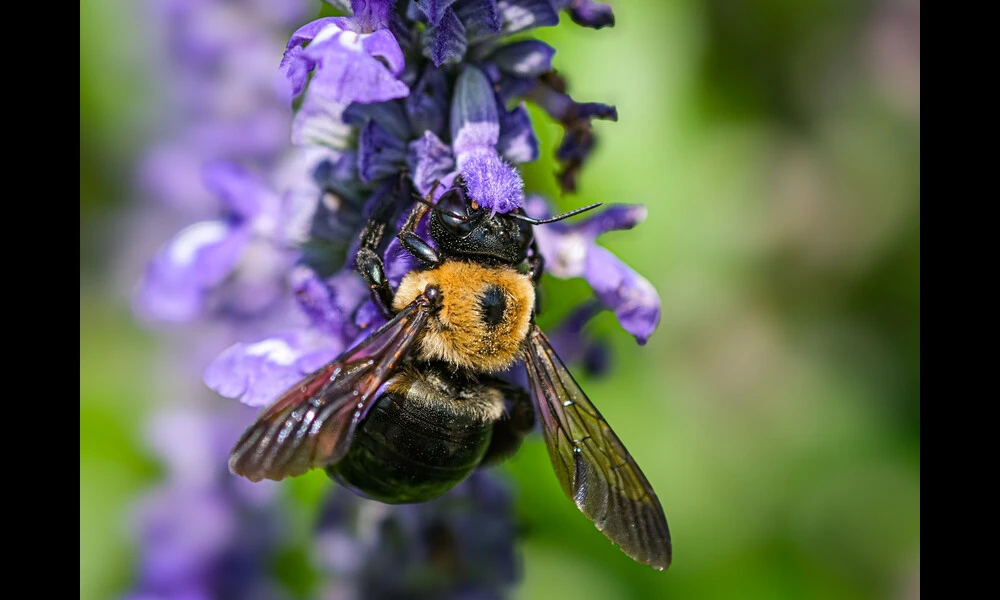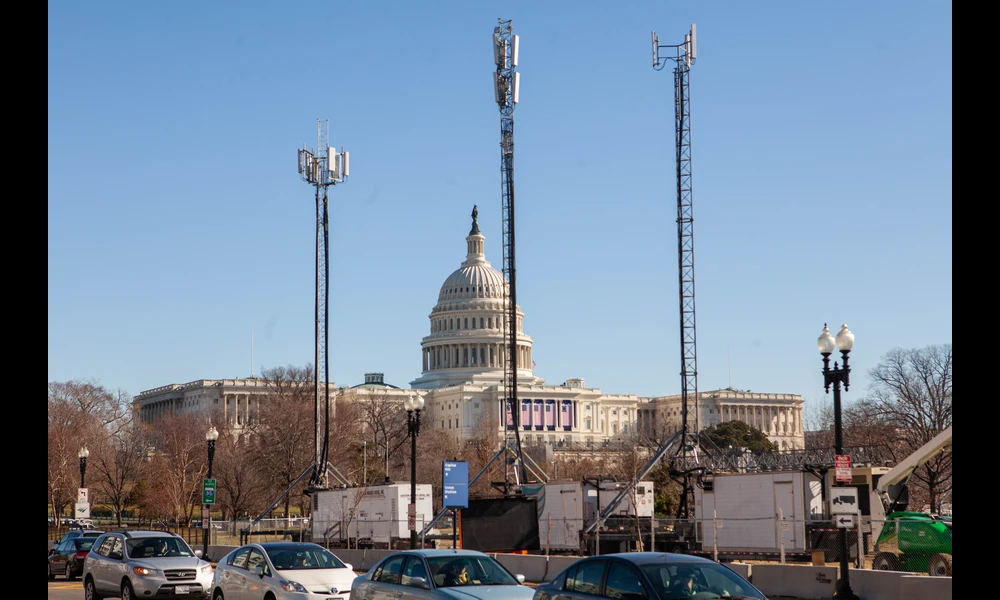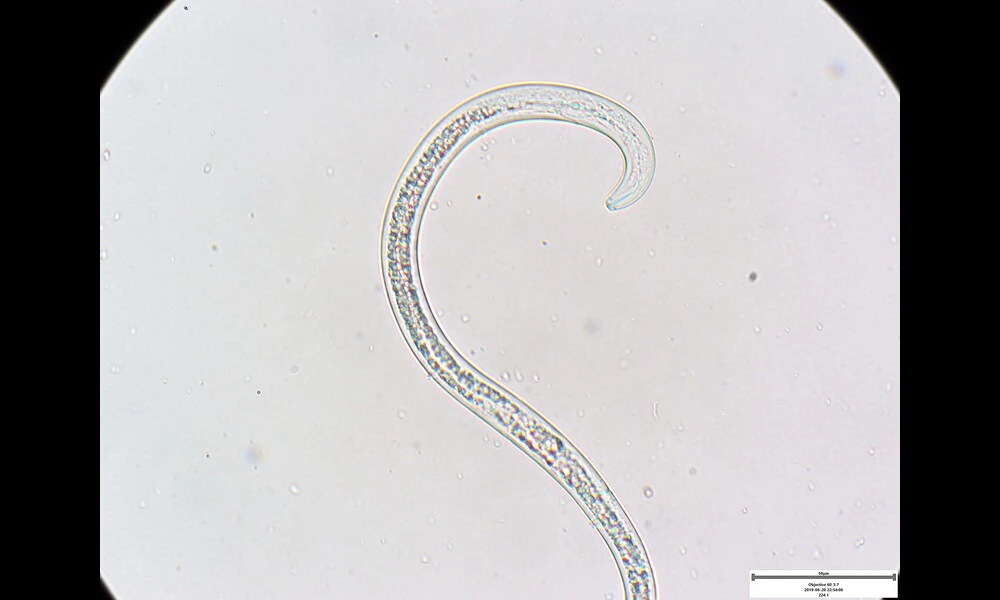Lack of Detailed Data Obstructs Conservation Efforts for US Wild Bees
Published on Thu Dec 07 2023 Missouri Botanical Garden 8/10/23 | Sharon Mollerus on Flickr
Missouri Botanical Garden 8/10/23 | Sharon Mollerus on FlickrBees have held our fascination and respect as nature's tiny architects and vital pollinators of our food crops. However, the flutter of their wings may be growing fainter across the United States, with over 3000 species facing myriad threats, from habitat loss to pesticide exposure. A new study, has now shed light on another, often overlooked, peril bees face: the lack of robust data to guide their conservation. This preprint paper encapsulates the urgency for more comprehensive, standardized data collection and sharing, placing emphasis on how this crisis in data translates to a crisis for the bees themselves.
The study reviewed existing wild bee data across the contiguous US and found glaring deficiencies in public datasets. Only an astonishingly low 0.04% of records reported both sampling protocol and effort — crucial information for any meaningful ecological study. Additionally, fewer than half of US bee species were recorded in the last decade, which could be an ominous indication of declines, or at the very least, highlights our insufficient monitoring.
Alarmingly, though data submissions have shot up since the 2000s, they often lack the necessary details to conduct species assessments or trend analyses. Less than a third of recorded species have enough information to delineate their geographic range, which is a fundamental step in conservation planning. This stingy data availability could be hiding the true extent of bee declines, leaving conservationists grappling in the dark.
These insights issue a clear call to action: better data collection and management practices could radically improve our understanding and conservation of these critical creatures. The researchers propose more widespread adherence to data standards, such as those set by Darwin Core, and advocate for FAIR (findable, accessible, interoperable, reusable) data sharing principles — a foundation not only for saving our bees but effectively stemming wildlife declines worldwide.
By highlighting this data dearth and noting that many bee species have not been sighted in recent surveys, the study also serves as an exigent plea to revamp our data-gathering methods. Only with comprehensive and standardized data can we craft targeted, effective conservation strategies for the buzzing behemoths of pollination upon which our ecosystems and food security heavily rely. As the researchers succinctly point out, without this data-driven discernment, bee conservation could become a task as elusive as finding the proverbial needle in a haystack.



